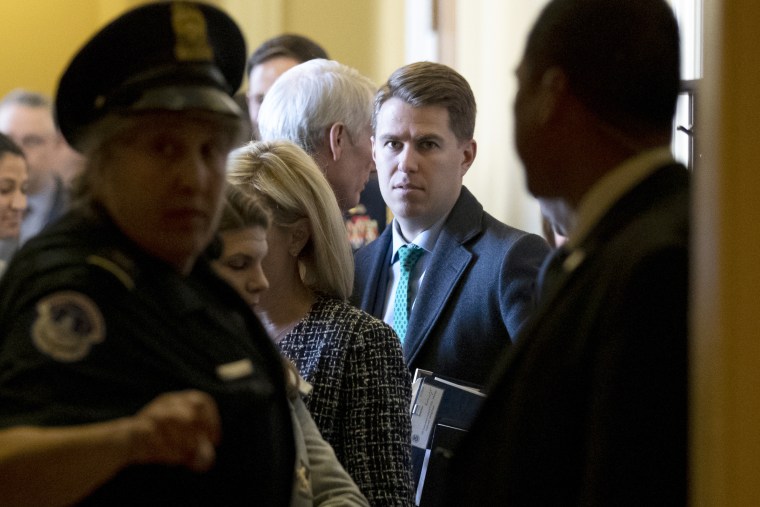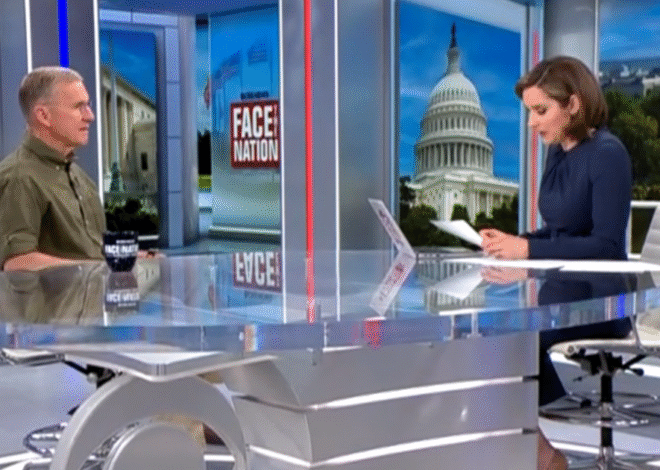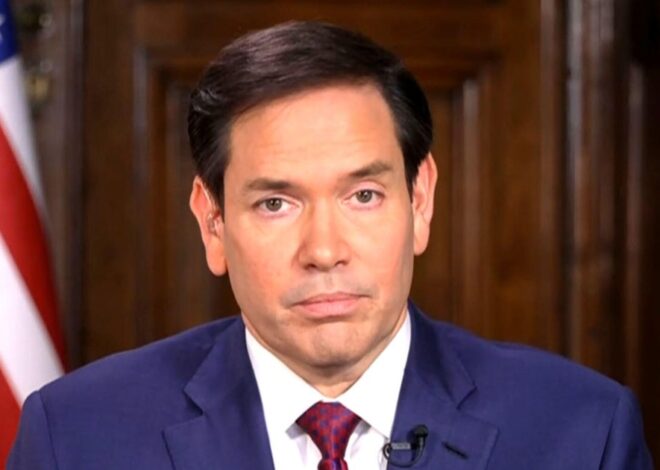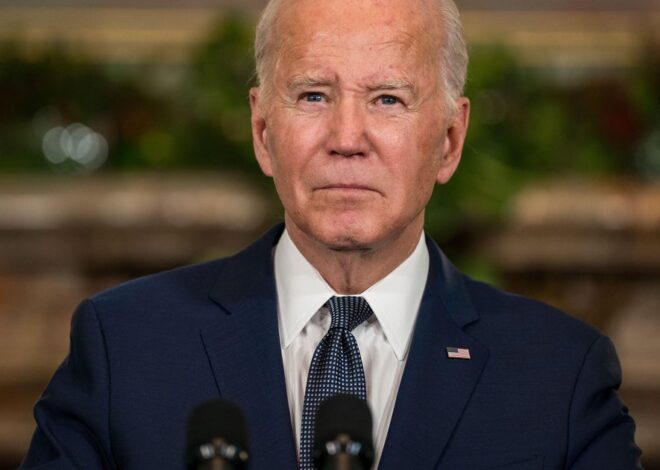
Trump Critic and Former Election Security Official Faces Federal Scrutiny
Chris Krebs, the former head of the U.S. Cybersecurity and Infrastructure Security Agency, is now the focus of an active federal investigation, a spokesperson for the Department of Homeland Security confirmed. The investigation, whose details remain undisclosed, has already led to Krebs’ removal from the Global Entry program—a service that enables expedited customs clearance for vetted U.S. travelers.
“Chris Krebs is under active investigation by law enforcement agencies. That is a fact disqualifying him for Global Entry,” the DHS spokesperson told CNN, the first outlet to report on the suspension.
What stands out isn’t just the existence of the investigation—it’s the context. Krebs became a prominent figure after firmly rejecting claims that the 2020 election had been compromised, which ultimately led to his dismissal by then-President Donald Trump. The specifics behind the investigation have not been released, and no agency has publicly confirmed whether charges are being considered.
A Pattern of Retaliation?
Krebs’ stance following the 2020 election was clear: the election, he said, was “the most secure in American history,” adding there was “no evidence” of vote tampering or manipulation. That statement sharply contradicted Trump’s repeated allegations and appears to have placed Krebs in a politically charged crossfire.
On April 9, a presidential memorandum ordered the attorney general and homeland security secretary to review Krebs’ actions during his time in office. The memo also revoked his security clearance, which is often essential for private-sector roles tied to federal contracts. Shortly after, Krebs stepped down from his position at cybersecurity firm SentinelOne to prepare a legal response.
This wasn’t an isolated move. A second directive also targeted Miles Taylor, another former DHS official. Together, the memos signaled a shift—perhaps a turning point—in how political disagreement is handled under the current administration. For some, it feels like the line between national security and political score-settling has started to blur.
Echoes of 2020
The Trump administration’s narrative about the election hasn’t held up in court. According to a report by NBC News, more than 50 lawsuits challenging the 2020 results were either dismissed or voluntarily withdrawn. Yet, the messaging persists—and now Krebs is at the center of it again, this time not as a public servant but as someone defending his record.
“By placing Krebs and SentinelOne in the crosshairs,” read an open letter signed by over 40 cybersecurity professionals, “the President is signaling that cybersecurity professionals whose findings do not align with his narrative risk having their businesses and livelihoods subjected to spurious and retaliatory targeting.”
The letter described the situation not just as political fallout, but as a warning to the broader cyber community. And while Krebs himself hasn’t commented publicly, his silence may be tactical. When institutions turn inward, the cost isn’t always just reputational—it’s operational, legal, and deeply personal.



